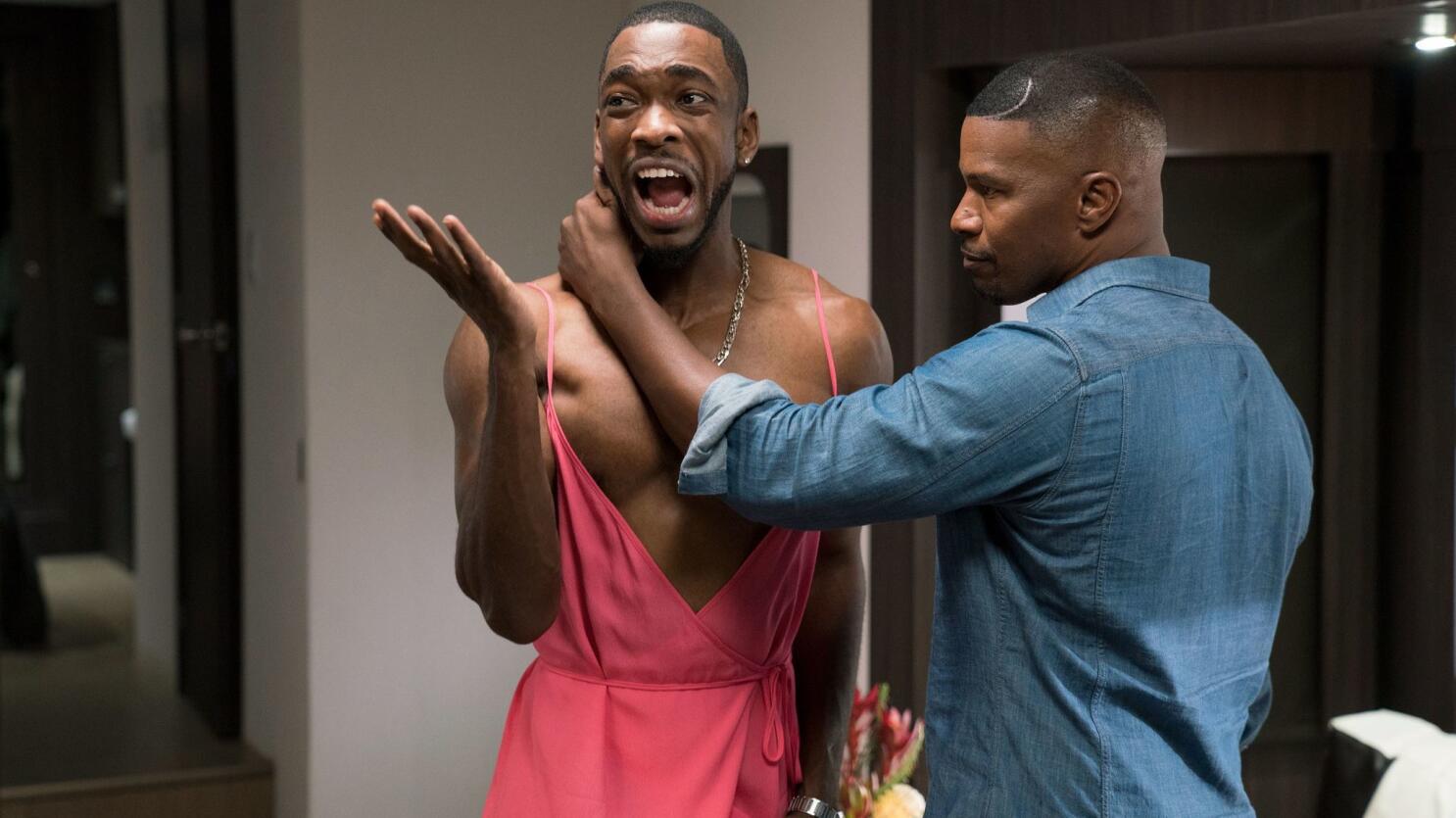In contemporary entertainment, it’s not uncommon to witness men donning dresses, whether on screen or in real life. This phenomenon has sparked discussions, with some suggesting a deeper, more troubling trend within Hollywood—particularly concerning black male actors.
The notion that Hollywood may be attempting to undermine the image of black entertainers isn’t new, and there’s evidence to support this theory. Over 70 black male actors have been portrayed wearing dresses at some point in their careers, raising questions about the motives behind these portrayals.

One argument posits that many black actors reluctantly took on such roles as a means to advance their careers. For instance, Tyler Perry’s iconic character, Madea, played a significant role in establishing his multi-million dollar franchise. However, others contend that these portrayals serve to emasculate black masculinity and perpetuate harmful stereotypes.
Richard Pryor, a Grammy award-winning comedian, found himself in dresses for comedic purposes, as seen in the 1986 film “JoJo Dancer, Your Life is Calling.” Similarly, Wesley Snipes, known for his action roles, appeared as a drag queen in “To Wong Fu Thanks for Everything, Julie Newmar.”
Even prominent figures like Chris Rock and Eddie Murphy have donned dresses for roles, sparking both criticism and debate. While some argue that wearing a dress is a personal choice, others question why such portrayals are even presented as options in the first place.
Keenan Thompson’s frequent appearances as female characters on “Saturday Night Live” also raise eyebrows, suggesting a pattern of exploitation of black entertainers by certain production companies. Tracy Morgan’s portrayal of Maya Angelou in a tasteless skit further exemplifies the disrespect often associated with these roles.
The impact of these portrayals extends beyond entertainment, influencing societal perceptions of black masculinity. The pressure to conform to such roles can be stifling for actors who may feel compelled to accept them to further their careers.
Despite criticisms and pushback, the practice persists, with actors like Kevin Hart and Martin Lawrence continuing the tradition in films like “Big Momma’s House” and “Like Father Like Son.” Some actors, like Lord Jamar, have taken a stand against such roles, refusing to compromise their principles for the sake of career advancement.
Ultimately, the issue raises broader questions about representation, agency, and the perpetuation of harmful stereotypes in the entertainment industry. While progress has been made in challenging these norms, there’s still much work to be done to ensure fair and equitable opportunities for all actors, regardless of race or gender.
In conclusion, the prevalence of black male actors wearing dresses in Hollywood raises concerns about exploitation, stereotype perpetuation, and the impact on societal perceptions of black masculinity. It’s a complex issue that requires careful consideration and ongoing dialogue within the entertainment industry and beyond.






